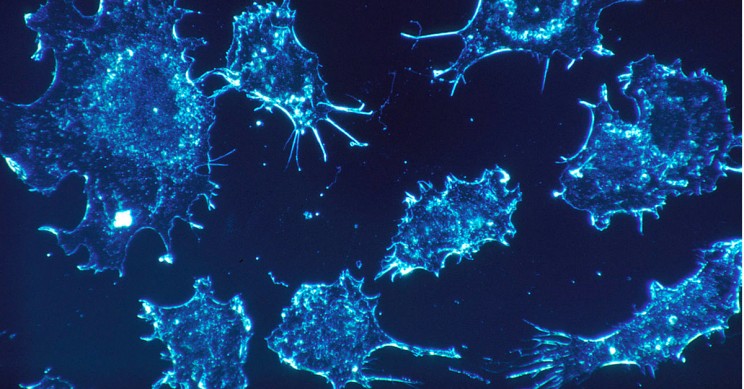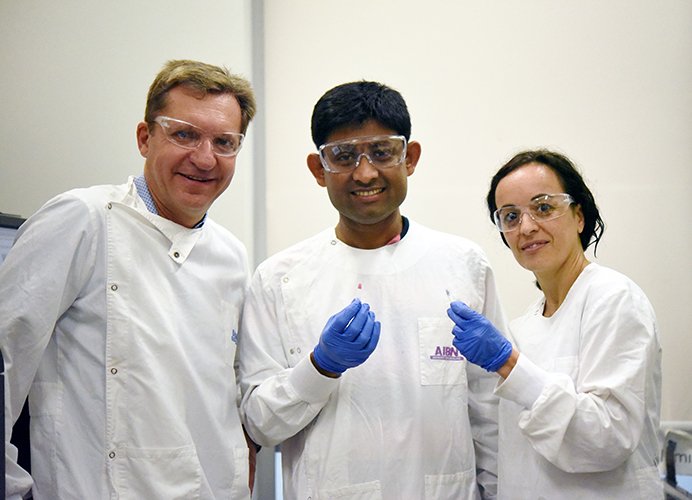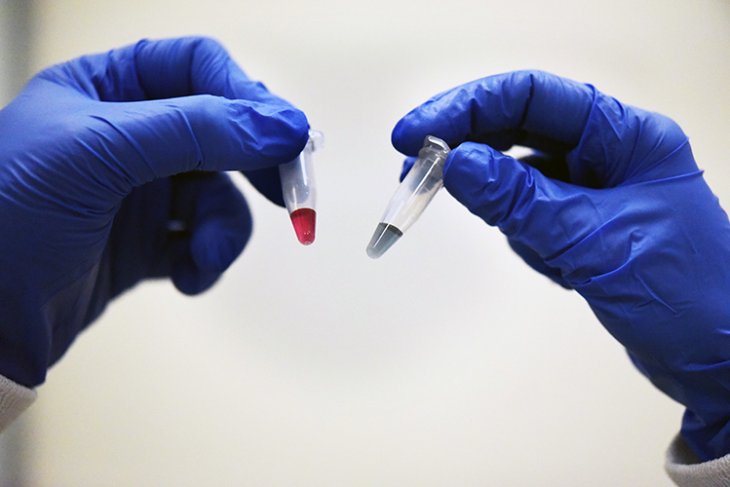Scientists Have Found A Potential Method To Detect Cancer
Aadhya Khatri - Dec 12, 2018

AIBN's researchers have found a key for a method that can tell healthy and cancer cells apart, which can shorten cancer diagnosis to less than 10 minutes.
- Scientists “Teleport” Gold Nanoparticles Into Cancer Cells To Destroy Them
- Three Renowned Indian Institutes Developed A More Effective Cancer Treatment
- This Portable Device From IIT Mandi Uses AI To Detect Cervical Cancer More Accurately
Science has made several breakthroughs in both treating and dialogizing cancers in the last few years. However, there remains an unanswered question that troubled cancer survivors and scientists alike: what if it comes back?
The good news here is, an AIBN’s team (short for the Australian Institute for Bioengineering and Nanotechnology) has found out a way to distinguish healthy cells and cancer cells, using an epigenetic approach.
What used to stand in the way of scientists to find a precise method to detect cancer was the fact that this disease is extremely complicated and changeable. Resolving this issue is the key to tell cancer cells apart.
This is precisely what the AIBN’s team has found.
The researchers’ main subject was circulating free DNA, which is degraded fragments of DNA that can be found in blood plasma. To be more specific, they studied a type of methyl-enhanced DNA called methylcytosines because they believed it gave cancer cells distinct chemical and physical characteristics.
It turned out that the DNA changes are similar in every type of cancer known to science, paving the way to make a single biomarker. That epigenetic reprogramming is what researchers can look at and conclude which ones are cancer cells.
If this finding turns out to be a viable solution, detecting cancer may take no more than 10 minutes and require only DNA input and a small amount of sample. It does not need the kind of equipment that can only find in labs like a DNA sequencing either.
However, the team is still cautious because whether this finding can lead to a universal cancer detecting method or not is a challenging question.
There are still a lot of information gaps about cancer that we have not yet been able to fill. This study has taken us a step closer to fully understand cancer.
Featured Stories

Features - Jan 29, 2026
Permanently Deleting Your Instagram Account: A Complete Step-by-Step Tutorial

Features - Jul 01, 2025
What Are The Fastest Passenger Vehicles Ever Created?

Features - Jun 25, 2025
Japan Hydrogen Breakthrough: Scientists Crack the Clean Energy Code with...

ICT News - Jun 25, 2025
AI Intimidation Tactics: CEOs Turn Flawed Technology Into Employee Fear Machine

Review - Jun 25, 2025
Windows 11 Problems: Is Microsoft's "Best" OS Actually Getting Worse?

Features - Jun 22, 2025
Telegram Founder Pavel Durov Plans to Split $14 Billion Fortune Among 106 Children

ICT News - Jun 22, 2025
Neuralink Telepathy Chip Enables Quadriplegic Rob Greiner to Control Games with...

Features - Jun 21, 2025
This Over $100 Bottle Has Nothing But Fresh Air Inside

Features - Jun 18, 2025
Best Mobile VPN Apps for Gaming 2025: Complete Guide

Features - Jun 18, 2025
A Math Formula Tells Us How Long Everything Will Live
Read more

ICT News- Feb 18, 2026
Google's Project Toscana: Elevating Pixel Face Unlock to Rival Apple's Face ID
As the smartphone landscape evolves, Google's push toward superior face unlock technology underscores its ambition to close the gap with Apple in user security and convenience.

Mobile- Feb 16, 2026
Xiaomi Launches Affordable Tracker to Compete with Apple's AirTag
For users tired of ecosystem lock-in or high prices, the Xiaomi Tag represents a compelling, no-frills option that delivers core functionality at a fraction of the cost.

Mobile- Feb 17, 2026
Anticipating the Samsung Galaxy S26 and S26+: Key Rumors and Specs
The Samsung Galaxy S26 series is on the horizon, sparking excitement among tech enthusiasts.


Comments
Sort by Newest | Popular